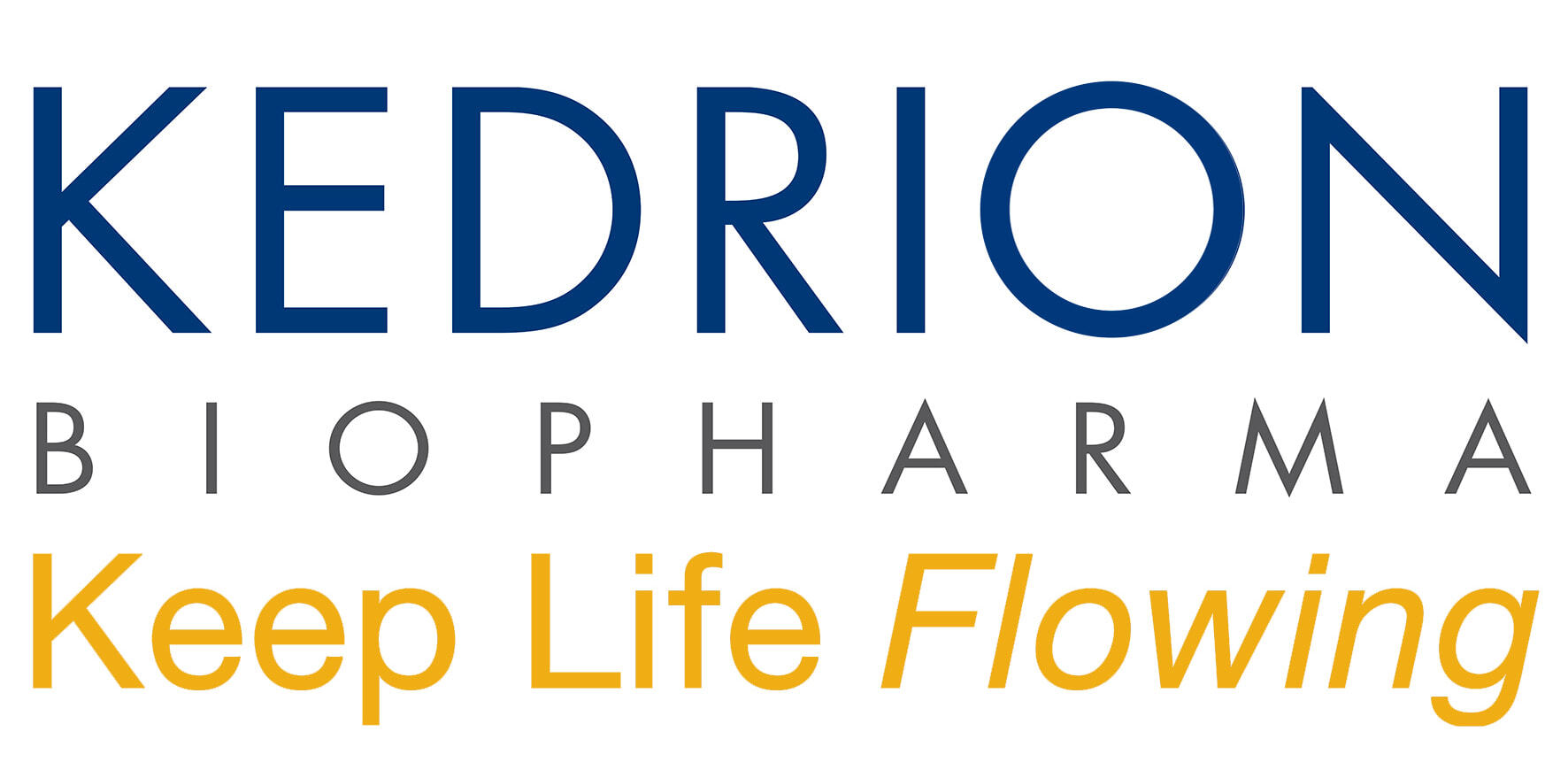Today, liver transplantation is a consolidated procedure in Italy, with 22 active centers in the country and a stable number of 1200 transplants per year, with excellent overall results, both in terms of mortality/morbidity and quality of life. Although contained at around 5%, mortality in the first year still requires additional efforts and, for this reason, the continuous training of young specialists involved in the multiple activities of liver transplantation appears to be the best strategy to maintain constantly high levels of care.
This is precisely the objective behind the meeting entitled “Participatory education for young specialists”, a session within the Epateam initiative conceived to encourage the training of new generations of clinicians on the subject of liver transplantation.
During this meeting we collected feedback from the Scientific Committee and the Epateam Faculty, who underlined how for these young people, the multidisciplinary approach and a group made up of different professionals are essential for improving the quality of life of their patients and their families, in the long term.
Prof. Stefano Fagiuoli – Director of USC Gastroenterology, Hepatology and Transplantology – Pope John XXIII – Bergamo & Gastroenterology – Department of Medicine of the University of Milan Bicocca – Faculty Bergamo
“The true strength of the event is the interactivity and cooperation between specialists from different areas, but who all manage the patient. Today, the race towards super-specialization, which for years has seen the growth of skills, yet losing sight of the patient-centric vision, is gradually being abandoned, both for business needs, linked to diagnostic-therapeutic care pathways, and because we have finally understood that we must treat the patient and not the pathology. Today, treating the pathology without taking care of the patient, their social status, their comorbidities, their FRAGILITIES is anachronistic and expensive, and the new specialists must be trained in this direction.”
Prof. Matteo Cescon – UO Director General and Transplant Surgery Sant’Orsola Malpighi University Polyclinic – Faculty of Medicine University of Bologna – Faculty Bologna
“Prof. Fagiuoli rightly talks about the fundamental role of interaction, I would go further and talk about integration, that is, multi-specialist teams, we have been talking about it for years and today, finally, we can say that we have reached the finish line. Once upon a time, the team was there, but the internist, the hepatologist, didn’t have a great deal of understanding of the surgeon’s work and vice versa, the teamwork was therefore aimed at positioning the patient, each on their own. Today things have changed, in the OLT field the surgeon knows what his or her colleagues are doing and vice versa, the skills have changed, everyone understands the path, or better, the patient’s journey. This becomes evident precisely in these types of events in which we discuss the issues at hand with colleagues, as part of multi-specialist tables that look at real clinical cases – it’s exciting for them, but it’s equally exciting for us too.”
Maria Cristina Morelli – Faculty – Bologna
“It js fundamental. Continuing to support this type of training in multidisciplinary tables is essential to develop teams which, in the future, will talk to each other throughout the national territory. Let’s not forget that we are investing in young people, in colleagues who in the relatively near future will manage these patients. Therefore keeping them up to date and getting them used to cooperating in a team context is truly a must for us.”
Mauro Viganò – Faculty – Bergamo
“First and foremost, we need to make it a permanent event. An event that we know exists and will exist, like the SIG congress, for example, we know that Epateam will be there every year. This year, the participation was massive and enthusiastic and every year we expect that it will continue to increase. Perhaps I would recommend implementing interactivity, as is done with escape rooms, to also put a little healthier pressure on our young colleagues, as there is in real life with critical patients.”
Epateam is an educational and networking initiative entirely dedicated to liver transplantation and supported since its launch year in 2017 by Kedrion with an unconditional contribution, which in doing so, continues to act a primary partner of Italian liver transplantology. A wide-ranging project which since 2018 has developed around the Epateam.org digital platform: a one-of-a-kind website in Italy, where specialists in the field and patients have the opportunity to speak, offering their expertise and experience.



